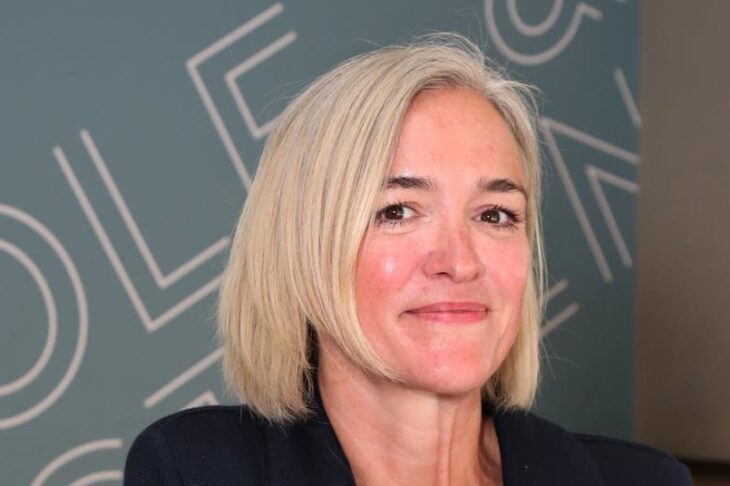
Fundraising is ‘a dangerous job’, delegates at the CIoF convention told
The fundraising profession must recognise that it is often accepting of behaviours and environments that can leave fundraisers at risk of harassment, experts have warned.
Speaking at the Chartered Institute of Fundraising’s annual convention yesterday as part of a panel session titled “Dismantling Patriarchal Structures in Fundraising”, Becky Slack, co-director of the consultancy Agenda, said charities often failed to recognise the existence of donor-perpetrated sexual harassment.
She pointed to research from the fundraising think tank Rogare which found that in the past two years, 48 per cent of women fundraisers had experienced sexual harassment at work “and quite often this is at the hands of male donors”.
Slack described three factors that influence predatory behaviours from donors, including their ability to make or withdraw a gift, which gives them power over fundraisers despite sitting outside the traditional organisational hierarchy.
She said charities either lacked the policies to address such behaviour or in some cases overlooked harmful behaviours for fear of losing a gift.
Damian Chapman, director of fundraising and communications at the Charity For Civil Servants, agreed.
“Fundraising is a dangerous job,” he said. “We don’t think of it as that, but we are often alone, working, in remote locations, usually without a risk assessment, and usually without safe support, phones or assistance programmes.”
If you were to suggest a similar approach for a care worker, Chapman said, it would not be allowed. “And yet, time after time we’re accepting of lone fundraisers going into situations where the control is not necessarily theirs.”
Dismantling these structures required charities to implement clear donor policies that protected fundraisers and made their wellbeing a priority, Slack said, adding: “It should include the permission for fundraisers to be able to turn down gifts if they come with strings attached.”
She said: “If organisations provide clear guidance on the standards that are expected of individuals, then those individuals tend to conform and accept them. It works in the golf club, so it can work in fundraising.”
Chapman also emphasised the importance of instilling a cultural accountability across the fundraising profession, which recognised that exclusionary behaviours were both allowed and condoned in the industry.
Giving an example of post-work pub culture, he said: “Fundraising is a wet industry, which is a problem in its own right. But the fact that we allow these behaviours to exist within our profession automatically starts introducing that exclusivity.
“Think about where most conversations or professional development or developing rapport and relationships with others exists. In an exclusionary environment.”
Fundraisers must feel empowered to challenge this, Chapman said: “You can say ‘I’m not comfortable with doing that’ – because at the very least, identifying that you are not comfortable, forces others to make a conscious choice about their own behaviours.”
Moderating the session, Katie Docherty, chief executive of the CIoF, said: “We all know that gender in fundraising has been an issue for many years – before the #MeToo movement, before the President’s Club scandal and before the issues that we have experienced at the CIoF.”
Asked how the membership body had worked to start addressing its safeguarding failures since her arrival as chief executive in October 2021, she said: “It’s been a journey that many people have been on, this isn’t just something I have done myself.
“Our entire staff team, our trustees and our volunteers have all worked together to confront difficult issues, and it’s still a journey that we’re on.
“I think we have made a lot of change, but that is a journey that has to keep going because these things haven’t gone away. This is something we all have to talk about openly and transparently, and keep the conversation going.

